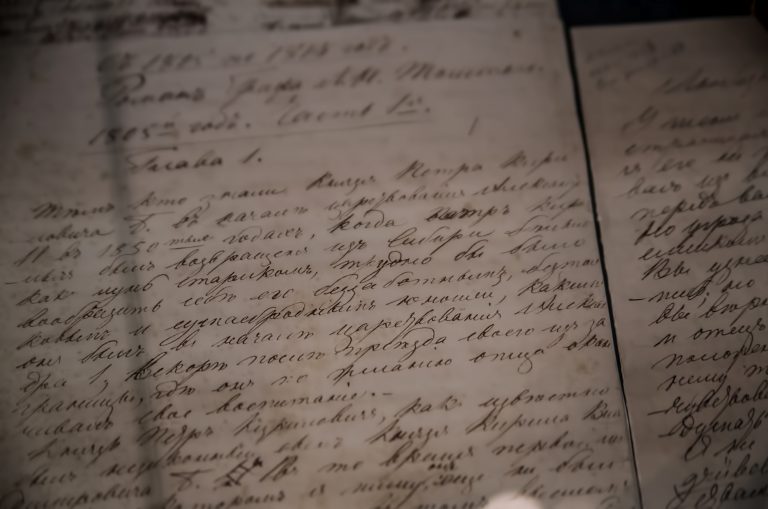How Idealism—and Schopenhauer—saved Tolstoy’s life
In the grip of the nihilistic ethos of late 19th-century materialism and Darwinism, Leo Tolstoy contemplated suicide. He would be saved only by finding confirmation, in Schopenhauer’s idealist philosophy, of his own earlier idealist intuitions. Idealism would go on to deeply transform Tolstoy’s life and work, reconnecting him to the simple but profound intuitions of meaning that pervade the lives of peasants. This easy-to-read essay recounts the existential difficulties of a world-famous individual who presaged both our cultural ethos today, and the transformative opportunities offered by modern idealism.
0 Comments
